Interest is growing worldwide for business to disclose carbon risks, driven by the financial sector and shifts in Government policies, particularly in Europe. This article considers the global trends, how companies and investor groups may be impacted, and actions Australian businesses can take.
Prior to the Federal election being called here in Australia, a Senate inquiry was underway into carbon asset risks and disclosure. While the Inquiry is now defunct, this is not an issue that will go away.
It was established in the first place in recognition of the potential for “destabilising impacts on financial systems1”. Areas of concern being the adequacy of disclosures to mitigate financial risk; whether current voluntary disclosures are sufficient, and what, if any, policy response or oversight from Government is needed.
Public submissions were received from industry groups, research bodies, consultants, energy companies, academics and individuals. What did we learn?
In general, submissions do not dispute the potential for impacts on the financial system. However opinions on the level of disclosure needed and sufficiency of current disclosure practices are varied.
For example, the Business Council of Australia maintained that existing voluntary disclosure standards, for example CDP, sustainability reporting and the ASX Corporate Governance Principles, are sufficient2.
On the other hand, ANZ’s submission highlighted the issue of disparate and uncertain stakeholder needs which is often overlooked in disclosure discussions3.
As the Australian inquiry came at a time of surging global interest in carbon disclosure, the issues raised through submissions are current and relevant to Australian business.
The global context
In September 2015 the Chairman of the Financial Stability Board, which provides stewardship of the global financial system, gave a high profile speech on climate change and its impacts to financial stability. This included a call to action to improve disclosure in order to mitigate financial impacts.
"More [can] be done to develop consistent, comparable, reliable and clear disclosure around the carbon intensity of different assets...4”.
To address this issue, the Financial Stability Board established a task force to report on climate-related financial disclosure (TCFD). The TCFD, chaired by Michael Bloomberg, will be making specific recommendations to improve risk disclosure.
A key objective of the task force is to help to close the information gap between companies and the needs of their investors and stakeholders. Their first report5 commented:
“Existing laws and regulations already require disclosure of climate-related risk… if it is deemed material. The Task Force plans to… promote alignment and focus on financial risks stemming from physical and nonphysical climate-related impacts (including transition and liability risks) to better meet the specific needs of users and preparers”.
The task force will also address issues relating to consistency, transparency and materiality.
Recently a number of governments across the world have also taken steps to investigate the impacts of carbon risks on their financial systems or to mandate higher levels of disclosure. Switzerland, Germany and Sweden have all commenced reviews into the impact of climate related risk on their capital markets, including vulnerability to market shocks or asset revaluations6.
France has become the first country to mandate detailed carbon risk reporting. Taking effect in January of this year7, the enabling legislation features the following requirements:
- Listed companies to disclose financial risks posed by climate change and the actions taken to mitigate those risks
- Institutional investors to specify how their investment decision making takes into account GHG emissions, climate related risks, and how this relates to global mitigation objectives and the energy transition
- The Government to stress-test for risks associated with climate change8.
Investor pressure also continues to rise. Ceres has recorded 55 shareholder resolutions in the US since 2014 relating to carbon asset risk9. 60% of these called for increased reporting on stranded assets.
The majority of these resolutions were raised for companies in the oil and gas sector (65%), followed by mining and resources (16%), power and utilities (15%), and finance (4%).
In the absence of quality, fit-for-purpose financial information published in the public domain, it is likely investors will continue to seek it more aggressively. This may occur behind closed doors, through public forums such as AGMs, or publicly through divestment campaigns.
Implications for Australian companies
We expect that investors will increasingly look for information encompassing the financial risks to specific assets and for information on how the company will manage risks and prosper in a 2°C world.
Companies need to prepare. Steps that can be taken include:
- Engaging senior management and a variety of internal stakeholders
- Assessing the types of climate related risks on the business, its assets, and regions of operation
- Assessing the likelihood, consequence and materiality of these risks over different time horizons
- Assessing the sensitivity of the company’s goods and services to changes in demand, and stress-testing the company’s resilience in different economic scenarios
- Determining appropriate steps to mitigate these risks
- Developing a communication strategy for information published in the public domain and for specific responses to investor groups.
- Energetics can assist with risk assessment and developing your disclosure strategy.
References
[1] Economics References Committee | Carbon Risk Disclosure Issues Paper
[2] Business Council of Australia | Submission to Senate inquiry into carbon risk disclosure
[3] ANZ | Submission to the Senate Economics References Committee Inquiry into carbon risk disclosure
[5] Board, 29 September 2015
[7] Investment and Pensions Europe | France aims high with first-ever investor climate-reporting law
[8] CDP and Climate Disclosure Standards Board | Response to Carbon Risk Disclosure Inquiry
[9] Ceres | Ceres Investor Network on Climate Risk and Sustainability
[10] To change incentives or measures which are contrary to prudent climate risk management






